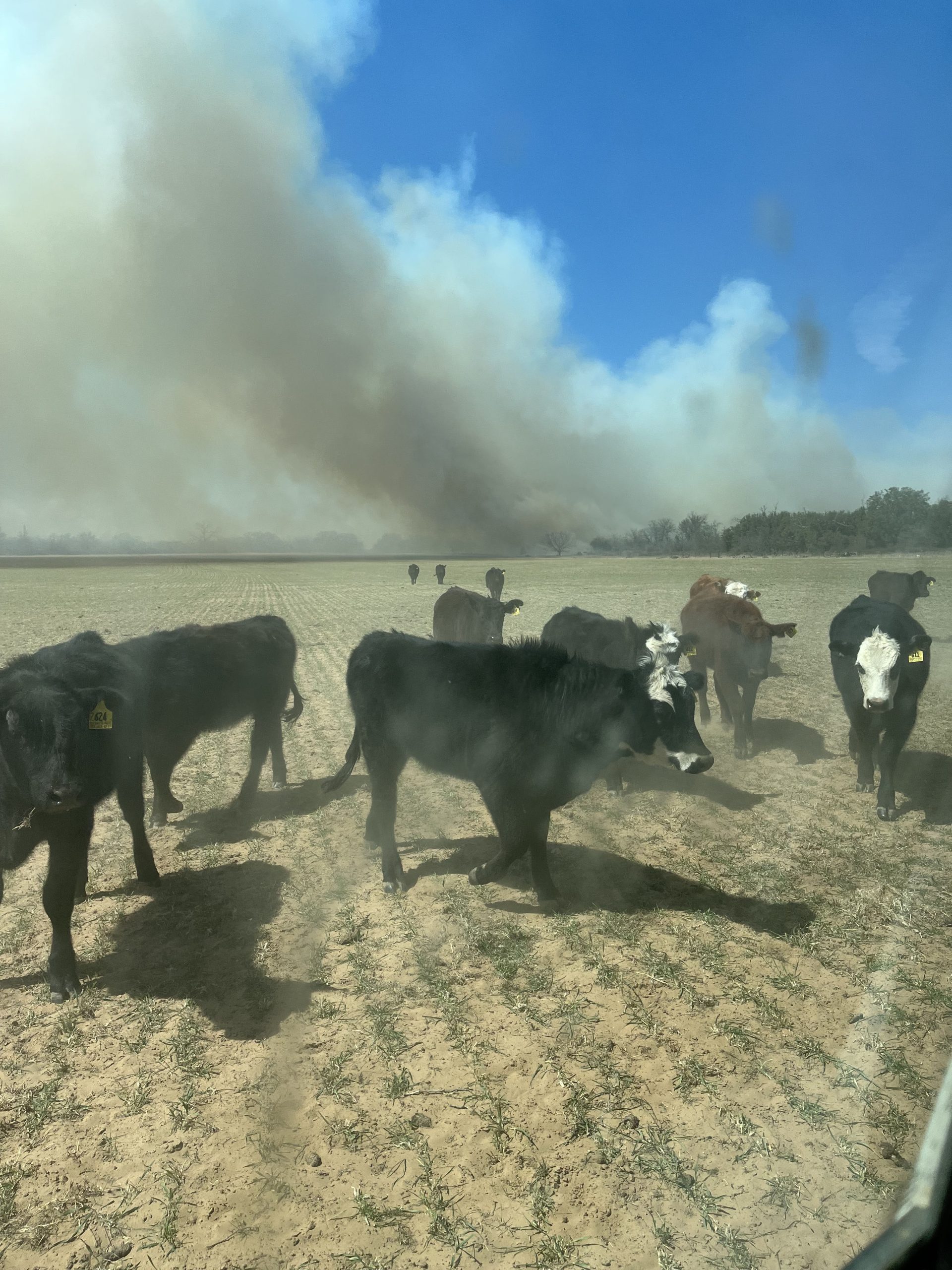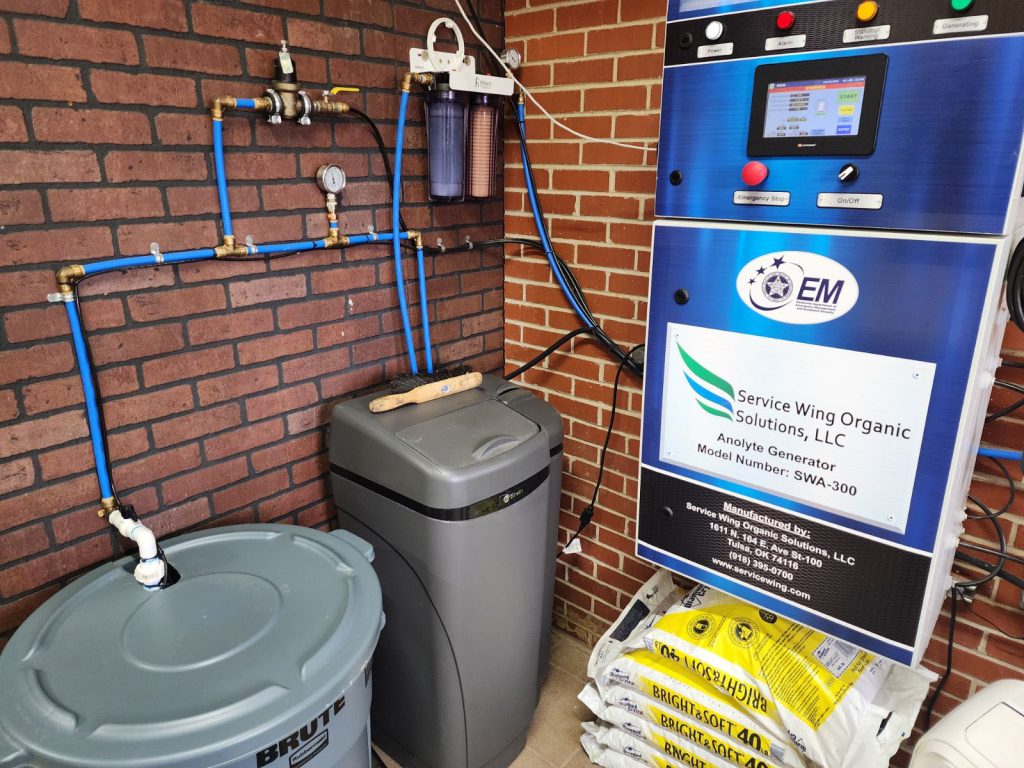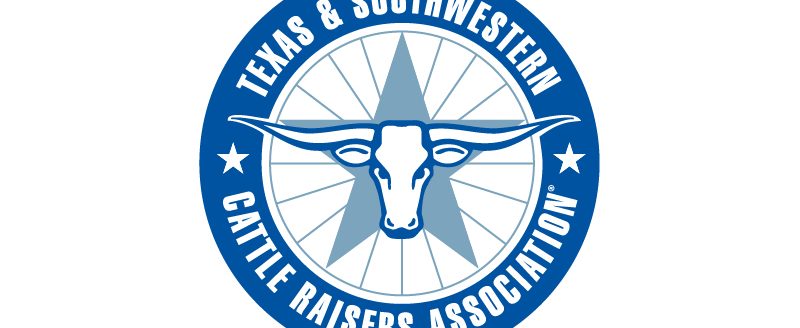Emergency office providing free wound care spray for cattle recovering from wildfires

Thousands of cattle were left wounded or burned from the intense heat of the wildfires that broke out in Texas and Oklahoma this week, but an unexpected piece of equipment is being used to provide healing and relief to livestock that are recovering from the flames.
Matt Lehenbauer, Woodward County emergency manager in Woodward, Oklahoma, received a call after this week alerting him that the disinfectant machine provided to his office by the state during the COVID-19 pandemic to make hypochlorous acid, a liquid disinfectant for schools and hospitals, can also be used to treat wounded animals. Lehenbauer powered up the machine that has been gathering dust over the last couple years and started making batches of hypochlorous acid for anyone affected by the wildfires.

Hypochlorous acid, a wound care agent with microbicidal, antibiofilm and wound healing properties can be sprayed on cattle to treat burns, prevent infection and kill viruses. The hypochlorous molecule is naturally produced by the body’s white blood cells and is an excellent all-around treatment for a variety of ailments. Hypochlorous acid is also the base ingredient in Vetericyn, a commonly used wound spray sold at farm stores.
“We were told if there is unused excess liquid, to just put it in troughs and just let the cattle drink it,” Lehenbauer said. “It will help with internal infections. It’s a really neat product and we’re glad we can provide it.”
Lehenbauer said right now, Vetericyn costs $34 for 16 ounces at Tractor Supply, but his office is supplying their mixture free of cost to anyone in need. He said the machine can make 300 gallons of hypochlorous acid every 12 hours. To get on the list to receive the liquid solution, contact the Oklahoma State University agriculture Extension office in Woodward at 580-254-3391. Lehenbauer said the wound care treatment is available to anyone affected by wildfires, no matter the state they are in.
“Right now, in Beaver County there are a significant amount of cattle that are just beyond saving due to the smoke inhalation and severe burns with the risk of severe infection coming on rapidly,” Lehenbauer said. “We’re trying to save as many as we can at this point. We believe this solution will be very helpful and especially the knowledge of it in the future when we have wildfires. They’re becoming more common in the tri-state area, especially this time of year when the winter starts winding down and spring is approaching. We get these cold fronts coming in and extreme southwest winds of 50 to 60 miles per hour. We’re going to continue to see these huge wildfires, especially on drought years which directly effects ranching operations. We’re looking for ways to get procedures set up so we can get help out faster instead of waiting for federal assistance that seems to take quite a bit longer.”
Lacey Vilhauer can be reached at 620-227-1871 or [email protected].



